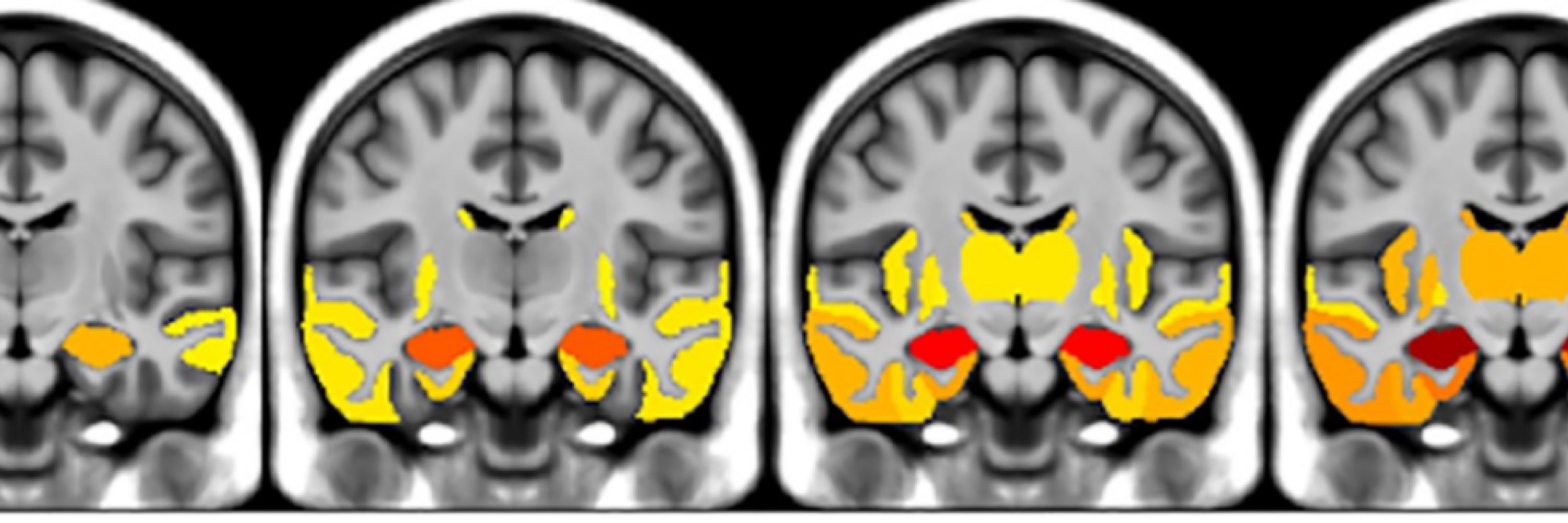Vincent Planche
@vincentplanche.bsky.social
140 followers
120 following
19 posts
Professor of Neurology, Bordeaux University - Head of Memory Clinic, Bordeaux University Hospital
Posts
Media
Videos
Starter Packs
Reposted by Vincent Planche
Reposted by Vincent Planche
CHU de Bordeaux
@chu-bordeaux.fr
· Apr 7

Maladie d’Alzheimer : ce neurologue bordelais veut rendre son diagnostic plus précis
Vincent Planche, neurologue bordelais, également enseignant et chercheur, travaille sur la maladie d’Alzheimer depuis 2017. Il vient notamment d’être récompensé par la Fondation de France pour ses tra...
www.sudouest.fr
Reposted by Vincent Planche
Reposted by Vincent Planche
Reposted by Vincent Planche
Reposted by Vincent Planche
Nicolas Villain
@nvillain-alz.bsky.social
· Feb 26

Lecanemab for early Alzheimer's disease: Appropriate use recommendations from the French federation of memory clinics
Lecanemab, a monoclonal antibody targeting β-amyloid protofibrils, has shown promising results in a Phase III clinical trial for the treatment of earl…
www.sciencedirect.com
Reposted by Vincent Planche












